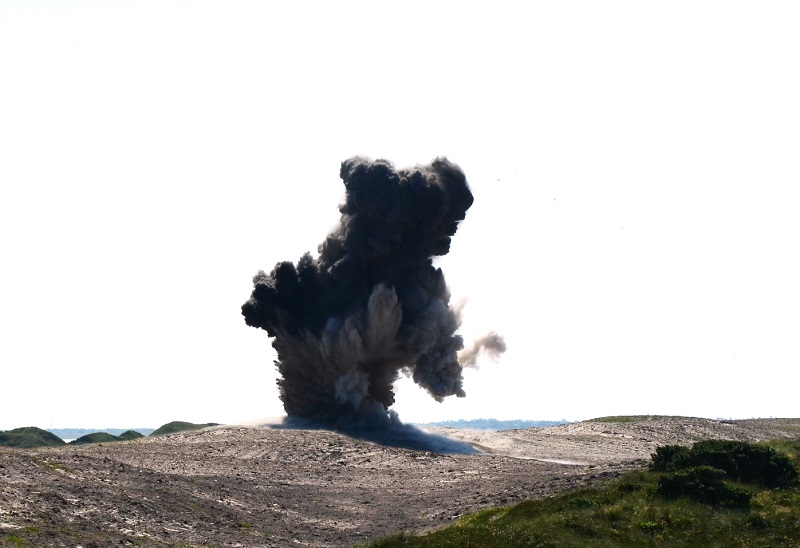|
18.09.2014
Download the press release | PDF 75KBView photos of the Ottawa Process on Flickr.Geneva – The Mozambican Presidency of the Anti-Personnel Mine Ban Convention, or Ottawa Convention, has marked seventeen years since the adoption of this landmark treaty by recalling tremendous progress that has been achieved and appealing for stepped-up action to complete the task of ending the suffering caused by anti-personnel mines. “We are both, proud of seventeen years’ worth of accomplishments and mindful of what work remains,” said Ambassador Pedro Comissario, Permanent Representative of Mozambique to the United Nations (Geneva). “This was well documented when the international community gathered at a high level in June of this year at the Maputo Review Conference.”
“The sense of optimism prevalent when the Convention was adopted in Oslo, Norway 17 years ago has been matched by the reality that ending the era of anti-personnel mines is indeed possible,” said Ambassador Comissario. “As our work is not yet done, at the Maputo Review Conference we affirmed our ambition to ensure that there are no new landmine victims in areas under our jurisdiction or control, to see that survivors participate in their societies on an equal basis to others, and to intensify our efforts to complete our respective time-bound obligations with the urgency that the completion work requires,” added Ambassador Comissario.
“In this connection, we expressed our aspiration to meet these goals to the fullest extent possible by 2025.” Since the Maputo Review Conference, the States Parties have begun implementing their Maputo Action Plan, which aims for significant and sustainable progress towards this ambition during the period 2014 to 2019.
Ambassador Pedro Comissario will continue to lead Geneva-based efforts to implement the Maputo Action Plan until the end of 2014, at which time Belgium’s Permanent Representative to the United Nations (Geneva), Ambassador Bertrand de Crombrugghe will take over as the Convention’s President.
For press information please contact: Laila Rodriguez +41 (0) 22 730 9350, press(at)apminebanconvention.org, Find us on Facebook, Flickr and Twitter. |






